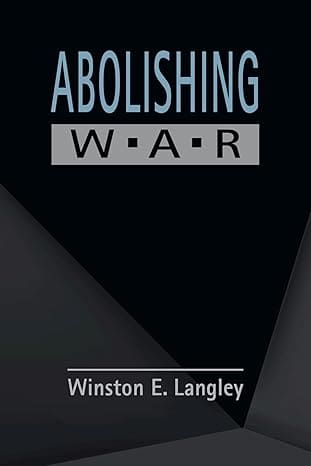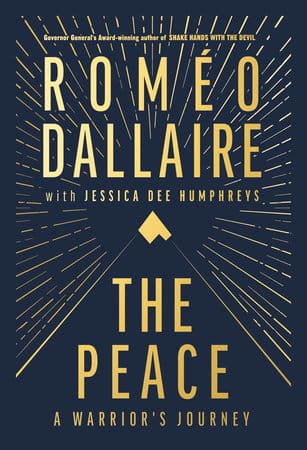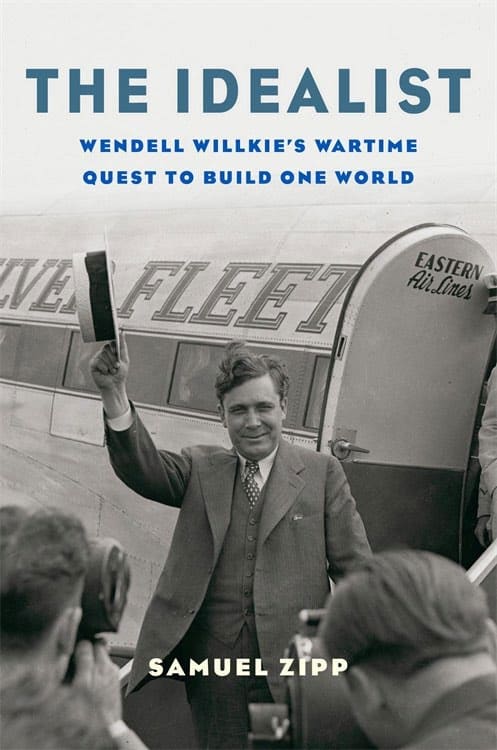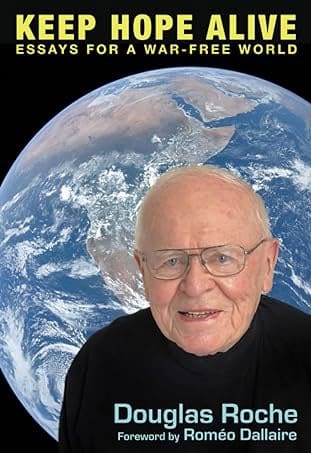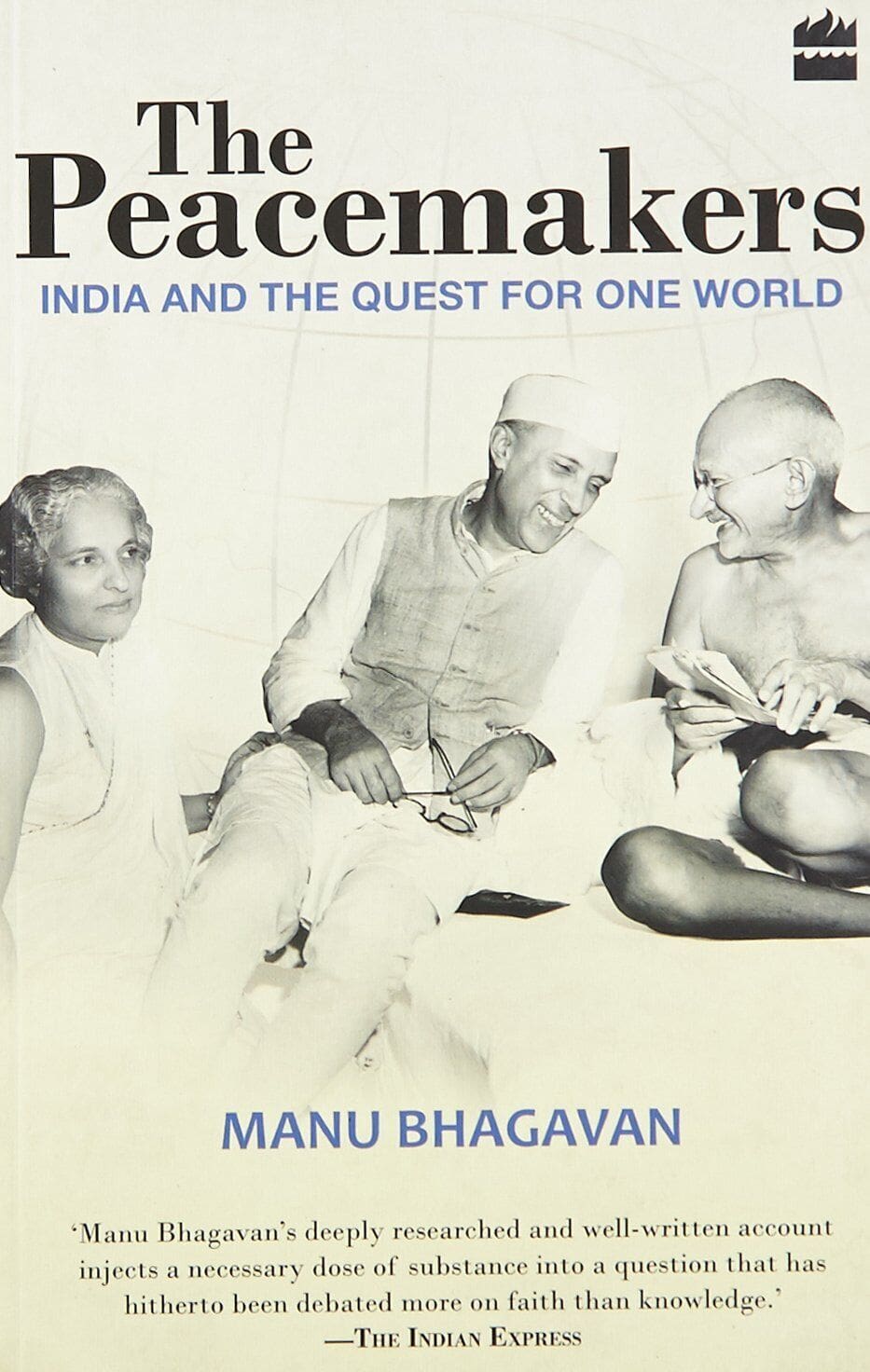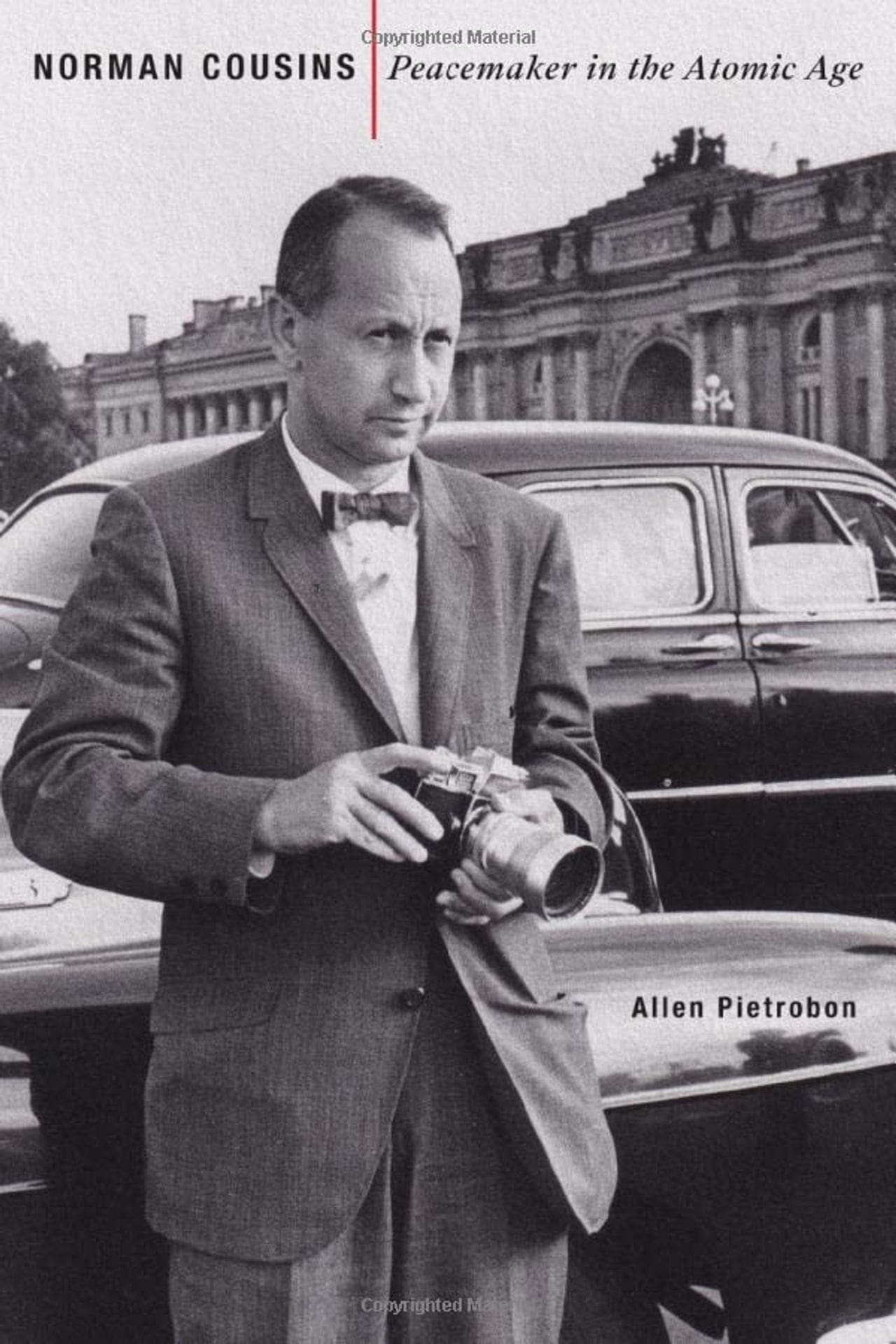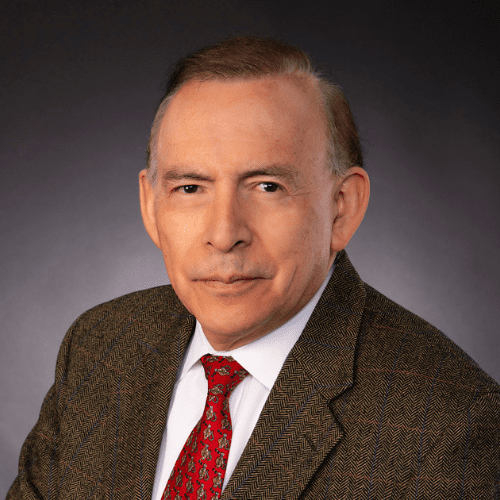Resources
World Citizen Book CluB Library
Abolishing War
Can war be abolished? This is the central and fundamental question of author, professor, and activist Winston E. Langley’s latest book, “Abolishing War.” Instead of ushering in the utopian ideal of a war-free world, Langley takes a more pragmatic approach, offering guidelines, critiques, and the forward motion of eliminating war as an institution.
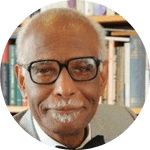
Winston E. Langley
Winston Langley is Professor Emeritus, Department of Political Science and International Relations, and Senior Fellow, McCormack Graduate School for Policy and Global Studies, at the University of Massachusetts Boston. He has taught for over 40 years and served as Provost of the university from 2008 to 2017. The principal focus of his research and writing has been in the area of international relations dealing with models of global order, with strong emphasis on human rights and criticism of the present a-moral system, which is based on sovereign nation-states.
The Peace: A Warrior’s Journey
In “The Peace: A Warrior’s Journey,” Roméo Dallaire recounts his harrowing role as the Force Commander of the United Nations Assistance Mission for Rwanda (UNAMIR) during the 1994 Rwandan genocide. Tasked with preventing violence in an environment quickly descending into horror, Dallaire was caught in a nightmare of bureaucratic barriers, lack of support, and overwhelming brutality. With limited resources and dwindling international commitment, he witnessed unimaginable atrocities as an estimated 800,000 Tutsis and moderate Hutus were killed in just 100 days. The genocide represented one of the greatest failings of the United Nations and for Dallaire, the beginning of a profound philosophical journey.
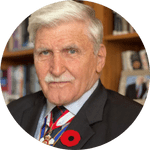
Roméo Dallaire
General Roméo Dallaire is a member of the International Commission for Inclusive Peace. A celebrated global human rights advocate, he is also a highly respected author, public speaker, political advisor, and former Canadian senator. Throughout his distinguished military career, General Dallaire served most notably as Force Commander of the United Nations Assistance Mission for Rwanda during the 1994 genocide. He continues to work ceaselessly to bring international attention to situations too often ignored, whether the prevention of mass atrocities, ending the recruitment and use of children in armed conflict, the impact of post-traumatic stress disorder on veterans and their families, or strategic solutions for lasting peace.
The Idealist: Wendell Willkie’s Wartime Quest to Build One World
Wendell Willkie – successful lawyer and businessman, as well as a defeated candidate for U.S. President on the Republican Party ticket in 1940 – is a largely forgotten figure today. But, as Samuel Zipp reminds us, Willkie was extremely influential during World War II, when he launched a popular campaign for “global interdependence” or, as it became known, “One World.”
In this beautifully written and well-researched book, Zipp, Professor of American Studies at Brown University, points out that, unlike the conservatives and isolationists in his party, Willkie was a liberal who had backed Woodrow Wilson’s call for a League of Nations, advocated racial equality, and usually supported President Franklin D. Roosevelt’s policy of collective security.

Samuel Zipp
Samuel Zipp is a writer and historian. He is the author and co-editor of three books on American culture and history. He has written articles and reviews for The New York Times, The Washington Post, The Nation, n+1, The Baffler, Metropolis, Cabinet, In These Times. He lives in Providence, Rhode Island, where he is Professor of American Studies and Urban Studies at Brown University.
Keep Hope Alive:
Essays for a War-free World
Hon. Douglas Roche’s latest book, Keep Hope Alive is a call to action in a turbulent world. As a former diplomat, senator, and a tireless advocate for peace and disarmament, Roche writes with a profound sense of urgency. For World Federalist Movement members, it offers inspiration and sage advice for facing diverse global challenges.
Roche’s central thesis is clear: a commitment to hope must be sustained and nurtured while working for a better world. This perspective aligns with the core principles of world federalism: advocating for stronger international institutions, global governance, and collective action…

Honourable Douglas Roche
The Hon. Douglas Roche, O.C., is an author, parliamentarian, and diplomat, who has specialized throughout his 50-year public career in peace and human security issues. He lectures widely on peace and nuclear disarmament themes. Hon. Roche was a Senator, Member of Parliament, Canadian Ambassador for Disarmament, and Visiting Professor at the University of Alberta. He was elected Chairman of the United Nations Disarmament Committee at the 43rd General Assembly in 1988. In 2018, he was recognized by the International Peace Bureau as one of three recipients of the Seán MacBride Peace Prize. He is an Officer of the Order of Canada.
The Peacemakers:
India And The Quest For One World
Historian Manu Bhagavan delves deep into the heart of India’s foreign policy and diplomacy leading up to its struggle for independence and spans an additional ten years. The early chapters are an important reminder of the brutality and violence unleashed by Britain’s colonial rule as India’s leaders asserted their demands for independence, giving further context to the critical Quit India movement that reached a global audience. Bhagavan weaves together key figures like Mahatma Gandhi, Jawaharlal Nehru, and Vijaya Lakshmi Pandit, showing how their visions for peace shaped India’s independence and international relations.

Manu Bhagavan
Manu Bhagavan is a Professor of History, Human Rights, and Public Policy at Hunter College and the Graduate Center-The City University of New York, where he is also Senior Fellow at the Ralph Bunche Institute for International Studies.
Norman Cousins:
Peacemaker in the Atomic Age
The book, written by Allen Pietrobon, an Assistant Professor of Global Affairs at Trinity Washington University, argues that, unlike many peace activists during the Cold War, Cousins had “an enormous impact on domestic politics and international relations.” The key to this impact, Pietrobon observes, was Cousins’s role, for 35 years, as editor of the Saturday Review, which he built into the third most popular public affairs magazine in the United States, with a circulation of 650,000. This role enabled him to have a significant impact upon public opinion and, also, to build up a network of connections with prominent individuals, including Adlai Stevenson, Nikita Khrushchev, Pope John XXIII, Albert Schweitzer, Norman Thomas, Jawaharlal Nehru, John F. Kennedy, Martin Luther King, Jr., and many more.

Allen Pietrobon
Assistant Professor of Global Affairs at Trinity Washington University and Chair of the Global Affairs Department. He specializes in modern American history and U.S. Foreign Policy. He is formerly the Assistant Director of Research at the Nuclear Studies Institute at American University.

